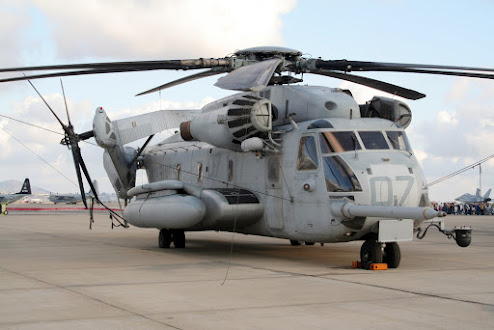How Pharmaceutical Wholesalers Serve Marine Aviation
The pharmaceutical sector is enormous in size. It brings in over $1.3 trillion in income each year. However, not everyone is aware of how their prescriptions are transported from the manufacturer to their neighbourhood pharmacy. Pharmaceutical wholesalers are frequently on the way. Here's additional information on how the procedure works.
Wholesale drug wholesalers buy
pharmaceuticals from manufacturers directly. The drugs are then sold to
pharmacies by the wholesale drug distributor. The US Food and Medication
Administration recommends all customers verify wholesale medication
distributor licences. Each state has a separate entity in charge of licencing
wholesale drug wholesalers. This is critical in terms of consumer protection. A
wholesale drug distributor who lacks a licence may be related to significant
offences such as forged prescriptions and prohibited pharmaceutical
distribution. Any websites with taglines like "not a prescription
pharmacy" are most likely not licenced.
Wholesale medication wholesalers are
classified into two business types. Full-line wholesalers buy a company's whole
product range. Certain pharmaceuticals may be prohibited from contracts between
manufacturers and distributors. Pharmacies account for 75% of distributor
income on average. A specialised firm is the other sort of wholesale medicine
distributor. These wholesalers buy speciality medications and resell them to
clinics and hospitals.
What exactly is MSN 1768?
The MSN 1768 suppliers
regulations establish the minimum requirements for medical supplies on board
all UK ships. A Merchant Shipping Notice, or MSN for short, is a directive
issued by the Maritime and Coastguard Agency. This includes: - Vessel owners
and agents, Captains of fishing vessels, Masters\Seafarers, and MCA Inshore
First-Aid Kit (Category C).
Category C First-Aid Kit is designed
for small boats that are going inshore and are less than 60 nautical miles from
shore or six hours away from medical help. Plasters, dressings, and bandages,
as well as paracetamol and other basic first-aid supplies, are typically
included in Category-C kits.
MCA Coastal First-Aid Kit (Category
B)
For boats within 150 nautical miles
of the coast, or 12 to 24 hours from medical care, a Category B marine First-Aid Kit is required, allowing the crew to handle
most minor medical situations on board before help arrives. Additional tools
for resuscitation, allergies, and digestive issues will be included in
Category-B kits.
Here are a few advantages of working
with pharmaceutical wholesalers:
1. Pharmaceutical merchants save
money on pharmaceutical supplies.
2. Client and patient savings on
high-quality care
3. A comprehensive array of
pharmaceutical items and supplies for stores, hospitals, and home healthcare
agencies
4. To entice customers, provide competitive
prices on vitamins and other items.
For more details, visit our website
ANP Pharma.




Comments
Post a Comment